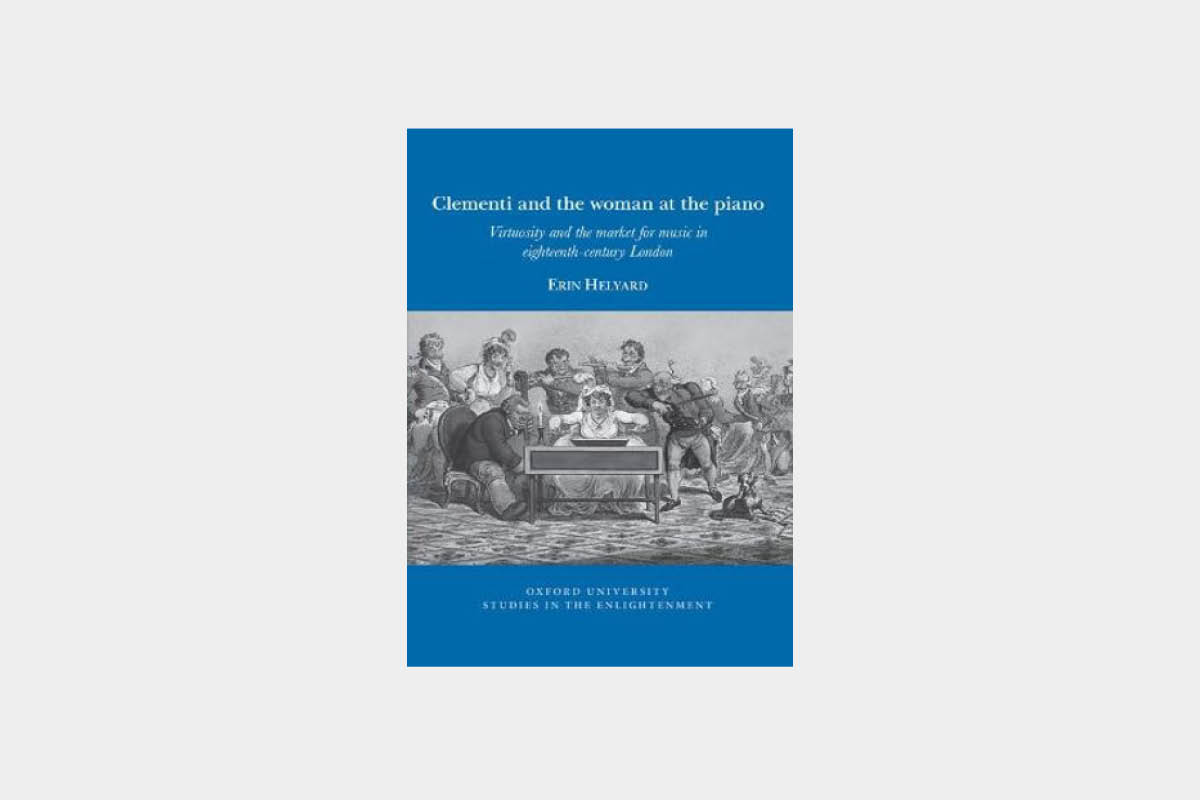For (author Walter) Ponce, the very worst traits of piano pedagogy, composition and playing can be traced back directly to Clementi.” And yet, in Erin Helyard’s revelatory (and unfailingly entertaining) monograph, we find a portrait of a visionary composer, performer, teacher, publisher, piano maker and entrepreneur whose influence was, and still is, as far from pernicious as one can imagine.

For Helyard, the Sydney-based author, keyboardist, conductor and Artistic Director of Pinchgut Opera, the London-based Muzio Clementi (1752–1832) embodied some of the best traits of the enlightened thinker, including industry, self-improvement and agency, not just for himself but for others. Such as those countless, largely anonymous women who played his keyboard music.
And indeed, if the book’s title doesn’t already make it clear, Helyard spells it out: “The unwritten history of these performing women constitutes a silent accompaniment to the music that was designed for their use, and it is to them that I dedicate this book.”
Helyard effectively sees the “radical appearance” in 1779 of Clementi’s “technically difficult” Op. 2 set of six sonatas as a watershed moment in keyboard pedagogy, their challenging passages making them “unique among keyboard works published for a market that...










Comments
Log in to join the conversation.